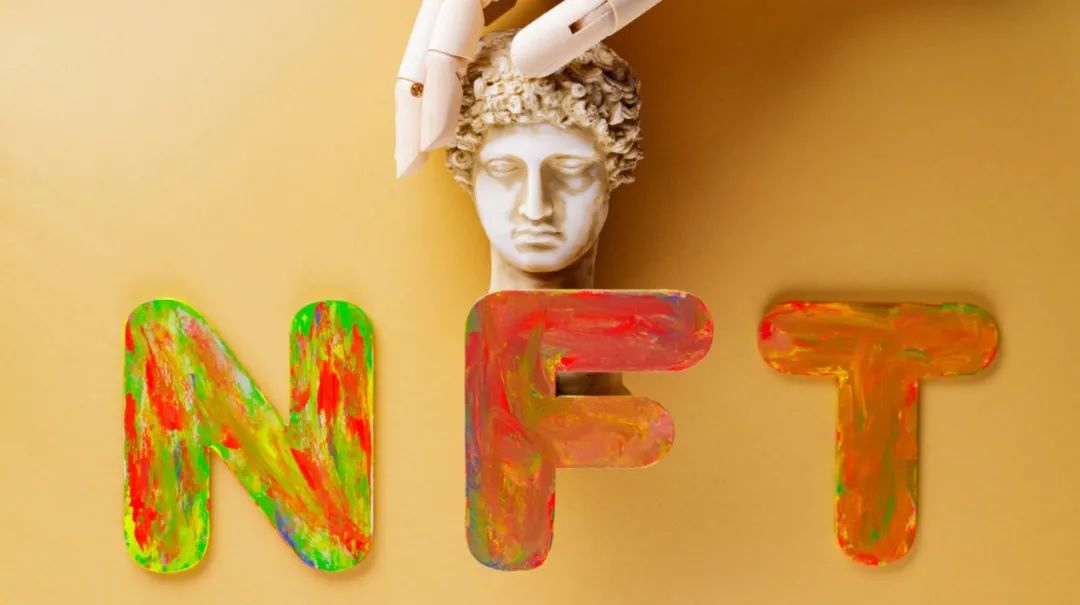Summary of Hong Kong Securities and Futures Commission’s Cryptocurrency Consultation: Retail Trading, Temporary Ban on Stablecoins, and Inclusion in Indices are Minimum Standards
Hong Kong Securities and Futures Commission's Cryptocurrency Consultation: Minimum standards include retail trading, temporary stablecoin ban, and inclusion in indices.Edit | Wu said blockchain
Official Press Release:
https://apps.sfc.hk/edistributionWeb/gateway/TC/news-and-announcements/news/doc?refNo=23PR53
The Securities and Futures Commission (SFC) today released a consultation conclusion on proposed regulatory requirements for licensed virtual asset trading platform operators.
- LSD injects a shot in the arm for blockchain. What risks should users pay attention to?
- In-depth analysis of the new Starknet client Beerus: How to achieve trustless state verification?
- Latest article by Vitalik: Keeping it Simple and Avoiding Ethereum Consensus Overload
The majority of respondents agreed to our proposals to regulate the management or distribution of virtual asset portfolios and to allow licensed trading platform operators to offer services to retail investors. The SFC will implement a robust regulatory regime to protect these investors, including imposing suitability requirements, enhancing governance and disclosure, and requiring a heightened standard of conduct for virtual asset portfolio managers.
The “Guidance on Virtual Asset Trading Platform Operators” will come into effect on 1 June 2023. The Guidance sets out a number of standards and requirements applicable to licensed trading platforms, including safekeeping of assets, segregation of client assets, avoidance of conflicts of interest, and network security. The SFC will provide additional guidance on the new regulatory requirements, other implementation details, and transitional arrangements.
The SFC welcomes virtual asset trading platform operators who are prepared to comply with its standards to apply for a licence. As for those who do not intend to apply for a licence, they should take steps to wind down their business in an orderly manner in Hong Kong.
The SFC will continue to work with investors and the Investor Education Centre to remind investors of the risks of investing on unregulated platforms. In particular, while the regulatory regime will come into effect on 1 June 2023, the SFC has not approved any virtual asset trading platforms to offer services to retail investors, and most of the virtual asset trading platforms accessible to the public are not regulated by the SFC.
Interview with Regulatory Officials:
Temporary head of the SFC’s Intermediaries Division, Mr. Thomas Atkinson, said that there are currently no platforms that can offer virtual asset trading to retail investors. He expects that after the Guidance comes into effect, retail investors will be able to trade on licensed trading platforms as early as the second half of this year. If a local virtual asset platform is not already in operation before the regulations are implemented, or if an overseas platform is not licensed after the Guidance comes into effect, it cannot conduct virtual asset trading business in Hong Kong or promote it in Hong Kong, and will be criminally liable. Existing platforms can apply for a license within nine months of the implementation of the Guidelines. Licensed platforms must also ensure that their customers are not trading through a “wall”, and must ensure that IP addresses do not come from areas where virtual asset trading is prohibited, emphasizing the need to comply with relevant regional regulations.
Key points of response:
Opinion on the requirement for non-security tokens to have at least 12 months of track record , the requirement is set specifically due to the inherent difficulties that platform operators may face during due diligence. Although the 12-month requirement may not prevent recent collapse events of some tokens, the purpose of this requirement is to reduce fraud risks that are difficult to detect and to minimize the impact of marketing activities conducted before the initial sale of tokens, especially because token issuance is generally unregulated and not subject to the existing safeguards of traditional securities markets.
To be eligible for trading by retail investors, the token must belong to large-scale virtual assets that have been included in at least two accepted indexes provided by two independent index providers. We believe it is appropriate to further stipulate that index providers with experience in publishing traditional securities market indexes comply with the Principles for Financial Benchmarks issued by international securities regulatory organizations, in order to ensure that they have appropriate internal arrangements in place to safeguard the soundness and quality of their own indexes. In addition to being independent of each other, we will also stipulate that they should be independent of virtual asset issuers and platform operators. For virtual assets, a large market capitalization does not automatically mean high liquidity. The SFC would like to reiterate that being included in two accepted indexes is not the only criterion for inclusion of virtual assets. In fact, it is only a minimum standard.
The risks brought by stablecoins have attracted international attention, and there are voices in the market calling for regulation of stablecoins to ensure that (including) the reserves of stablecoins are properly managed, prices are stable, and investors can exercise their redemption rights. These risks have a fundamental impact on the stability of stablecoins. Stablecoins that cannot maintain their pegging function or cannot return investors’ funds upon redemption cannot be called stable. This expanded run risk seriously affects the liquidity of stablecoins, making them generally unsuitable for retail investors. The Hong Kong Monetary Authority (HKMA) has released a summary of the discussion paper on crypto assets and stablecoins in January 2023, and the regulatory arrangements for stablecoins are expected to be implemented in 2023/24. Prior to the regulation of stablecoins in Hong Kong, we believe that stablecoins should not be included for retail trading.
Regarding market making, we agree that liquidity on the trading platform is important for customers. Therefore, the CSRC allows third-party market makers to engage in market-making activities. However, the current prohibition on proprietary trading is comprehensive and effectively prohibits licensed virtual asset trading platform group companies from holding any virtual asset positions. Therefore, we have revised the provisions of the “Virtual Asset Trading Platform Guide” to allow related parties to trade through channels other than licensed virtual asset trading platforms.
Regarding other common services in the virtual asset market (such as income, deposits, and loans), the CSRC does not allow licensed virtual asset trading platforms to provide these services. Section 7.26 of the “Virtual Asset Trading Platform Guide” covers this point. Ultimately, the main business of licensed virtual asset trading platforms is to act as agents and provide a way for customers’ buy and sell orders to match. Any other activity may lead to potential conflicts of interest and require additional safeguards, so licensed virtual asset trading platforms are currently not allowed to engage in such activities.
Note: Blocking all articles only represents the author’s point of view and does not constitute investment advice
Original link: https://www.bitpush.news/articles/4446422
We will continue to update Blocking; if you have any questions or suggestions, please contact us!
Was this article helpful?
93 out of 132 found this helpful
Related articles
- NGC Ventures: Why we invested in Opside
- Investment tips for the next bull market: In-depth analysis of the development status and trends of 15 cryptocurrency tracks
- Game Dosi: First Impressions of LINE’s Web3 Game, the Japanese Communication Giant
- How to achieve zero-cost and permissionless benefits through off-chain NFT?
- Stablecoins: Not a Replacement for Banks, but a New Disruptor
- Flashbots: Restraining all parties, committed to thoroughly decentralizing MEV
- MEME Coin: From Internet Meme to a Market Cap of Over One Billion, What’s Behind the Power?






